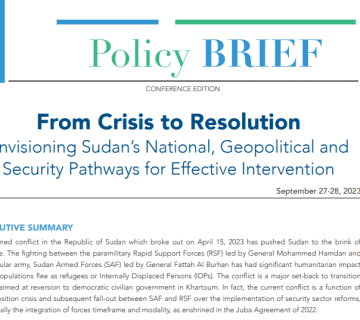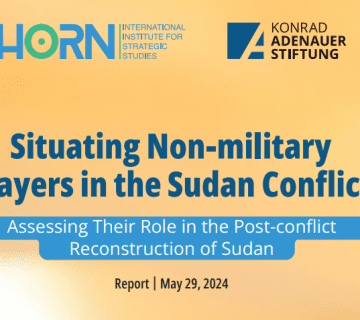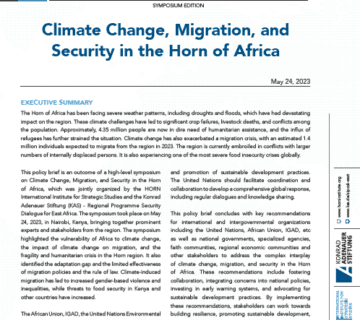In the six months since Kenya confirmed her first COVID-19 case, the country has instituted several measures and allocated at least 84 billion shillings to contain the disease. Despite these, Kenya’s caseload has increased from one case on March 13, 2020 to 35,603 by September 10, 2020, and the virus has spread to all 47 counties. On August 12, 2020, the World Health Organization offered its explanation for this reality; Kenya has become “complacent” about COVID-19. This policy brief argues that apathy has replaced the country’s initial enthusiasm and confidence in forestalling community spread – primarily because citizens are generally working at cross-purposes with the government. It discusses how the government’s contradictory messaging, and its selective enforcement of COVID-19 measures have confused and alienated citizens, and how citizens’ disregard for the measures has frustrated the government. It finds, among other things, that citizens have become weak links in the fight against COVID-19 even as the government’s approach to the spread of Coronavirus has evolved. To roll back COVID-19 effectively and sustainably, the government must bring citizens to its side using a combination of ‘soft’ and ‘hard’ approaches.
Issue 26: Winning Kenyans’ Hearts and Minds in the Fight Against COVID-19
September 14, 2020
Latest Articles
Comments are disabled.



